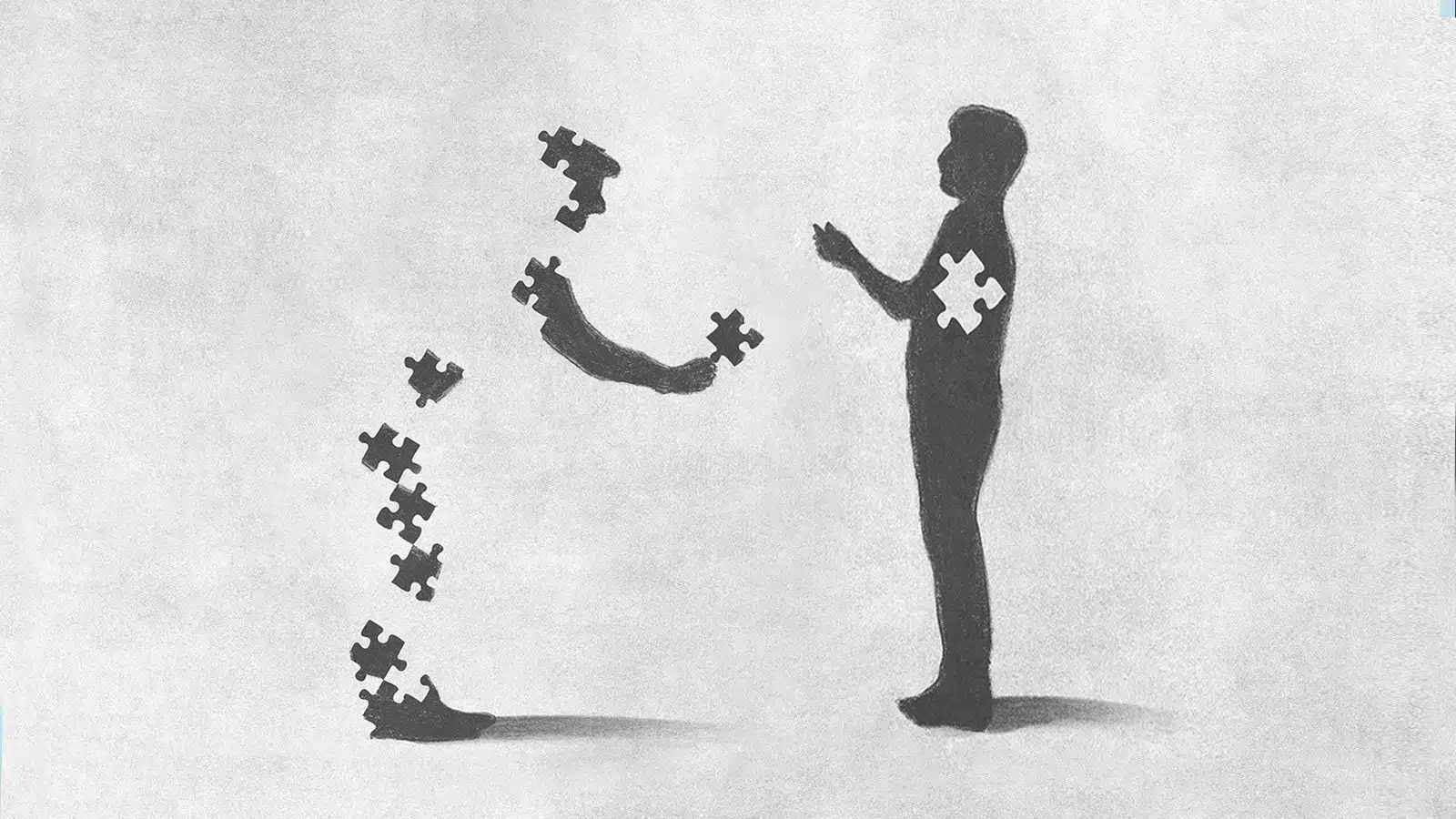Now Reading: Is Hustle Culture Quietly Stealing Your Peace of Mind?
-
01
Is Hustle Culture Quietly Stealing Your Peace of Mind?
Is Hustle Culture Quietly Stealing Your Peace of Mind?

Waking up early, chasing targets, skipping rest, and always being “on the grind” — hustle culture is everywhere. For many young Indians, especially in Tier 2 cities like Nagpur, Bhopal, or Surat, the idea of constant productivity has become a badge of honour. But behind the motivation quotes and 16-hour workdays lies a growing concern: is this lifestyle harming your mental peace more than it’s helping your success?
The Rise of Hustle Culture
Hustle culture encourages people to always stay busy, turn hobbies into side gigs, and sacrifice sleep for success. Social media is filled with stories of entrepreneurs and influencers who worked 24/7 to “make it.” While this sounds inspiring, it also sets an unrealistic expectation—that rest equals laziness, and if you’re not struggling, you’re not growing.
In Tier 2 cities, where digital awareness and aspirations are rising rapidly, young professionals and students often feel they must constantly prove their worth to compete with peers from metro cities.
Impact on Mental Health and Daily Life
The constant pressure to achieve more takes a toll on the mind and body. Burnout is becoming common among college students, freelancers, and even corporate employees in smaller cities. Instead of feeling accomplished, many report feeling tired, anxious, or unfulfilled—despite ticking off all the boxes of “success.”
Simple pleasures like evening walks, family time, or hobbies are often pushed aside for productivity.
How It’s Affecting Tier 2 Youth
In cities like Raipur, Kochi, and Kanpur, there’s a unique pressure to “catch up” with metro standards. Many young people juggle online certifications, jobs, internships, and social content creation—all at once. The fear of being “left behind” creates a mental loop of always doing more, even if it costs peace of mind.
Parents and elders, though well-meaning, sometimes unknowingly reinforce these patterns by glorifying overwork.
The Balance Many Are Now Seeking
Fortunately, the conversation around balance and mental health is growing. More youth are now questioning hustle culture and choosing slower, more mindful routines. The idea that rest and success can co-exist is gaining traction, even in smaller towns.
Some are now redefining what it means to “work hard” by including rest, boundaries, and mental wellbeing in the definition.
Signs You May Be Trapped in the Hustle Loop
– Feeling guilty when not working
– Skipping meals or sleep for work
– Constant comparison with others’ achievements
– Irritability and fatigue without clear reason
– Losing interest in things you once enjoyed
Recognizing these signs early can help prevent burnout.
Conclusion:
While working hard is important, constant hustle without rest can quietly wear you down. Real success should include not just achievements, but also peace of mind, personal time, and joy in everyday living. It’s okay to pause, rest, and reset. After all, you’re not a machine—you’re a human being, and your wellbeing matters just as much as your ambition.

























